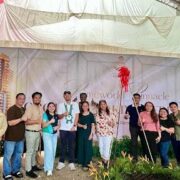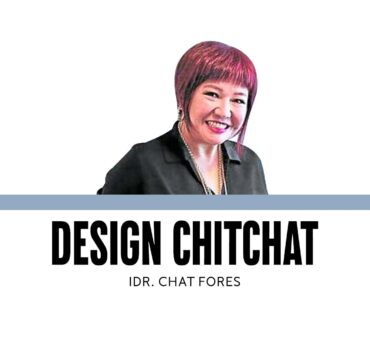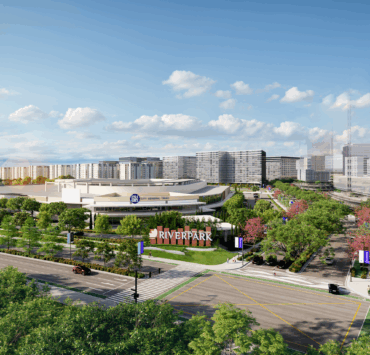Learning real estate 101

Being a business student from a state university always seemed an oxymoron to me. My education guided me toward the corporate world that impresses luxury on people, yet it was sponsored by millions of everyday Filipinos living paycheck to paycheck.
Still, I felt a great responsibility to progress in life. So I took the leap—an internship at a multinational corporation. In my first few weeks, I brought all the talent and potential I had, hoping to impress and prove that what I learned in university applies to the real world. And it did.
Learning about real estate
I managed to get a research internship at a real estate services firm. My first day at the office carried an energy of quiet intimidation.
I knew little about real estate. Hearing new terms and techniques, as well as handling unfamiliar data made me feel excited. Each day brought a new serving of unfamiliar terms and insights. I came in full, yet somehow kept wanting seconds.
I worked to understand the data I was dealing with. I read about reports and insights on luxury developments and central business districts in the ‘zones of affluence’ in Metro Manila. These showed how big a role these areas play in shaping the real estate market and even the economy.
Yet a part of me drifted outside these areas—toward unsafe sidewalks, crowded bus terminals, and informal settlements shadowed by the city’s skyscrapers.
Soul of the organization
With that contrast, an obvious realization hit me: an organization is made up of people. Though the organization itself may be indifferent, its people are not. “Breaking news: student discovers corporate social responsibility!” You cannot separate the soul that is the people from the body of the organization.
The people I worked with were talented, sharp, and principled—professionals knowledgeable in the real estate industry. In working with them, the cold hard facts became personified. I was guided to see more than just a face-value understanding of real estate—that it was not only about skyscrapers, but also about how people move, live, and dream.
I saw the soul behind these corporate-looking reports. Housing for different income brackets was monitored, careful not to leave anyone out.
The state of urban planning and development was assessed to understand desirability and areas for improvement in specific regions. The role of the government, private firms, and the people was constantly examined to gain insights on what demand looked like across different backgrounds.
Purpose and meaning
Suddenly, my training—founded on a brick-by-brick building method of understanding basic terms like occupancy rates, vacancy rates, and property snapshots—made all the sense in the world. I became aware not just of definitions, but of purpose and meaning.
At times, we gathered data by visiting retail, office, or residential developments across Metro Manila. To reach these sites, we passed through heavy traffic, bumpy roads, and littered streets. My mentors were not blind to the reality that to see the Philippines is to acknowledge both its progress and inequality.
Working here gave me front-row seats to how the industry shapes the country and economy, while also showing me who gets included in the vision. I met people from various backgrounds with different perspectives and interests in real estate, giving me an experience that encouraged inclusivity.
My internship gave me a fresh perspective on seeing my country. I didn’t become a real estate expert, but I learned that cities don’t grow overnight. They’re built slowly, brick by brick—kind of like me.

The author is a 4th year Business Economics student at the University of the Philippines-Clark and was a Research intern at Colliers Philippines

















